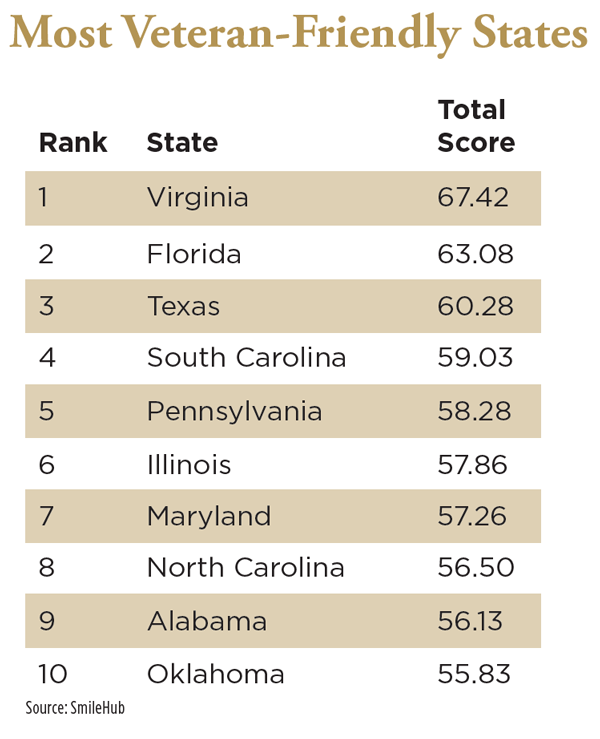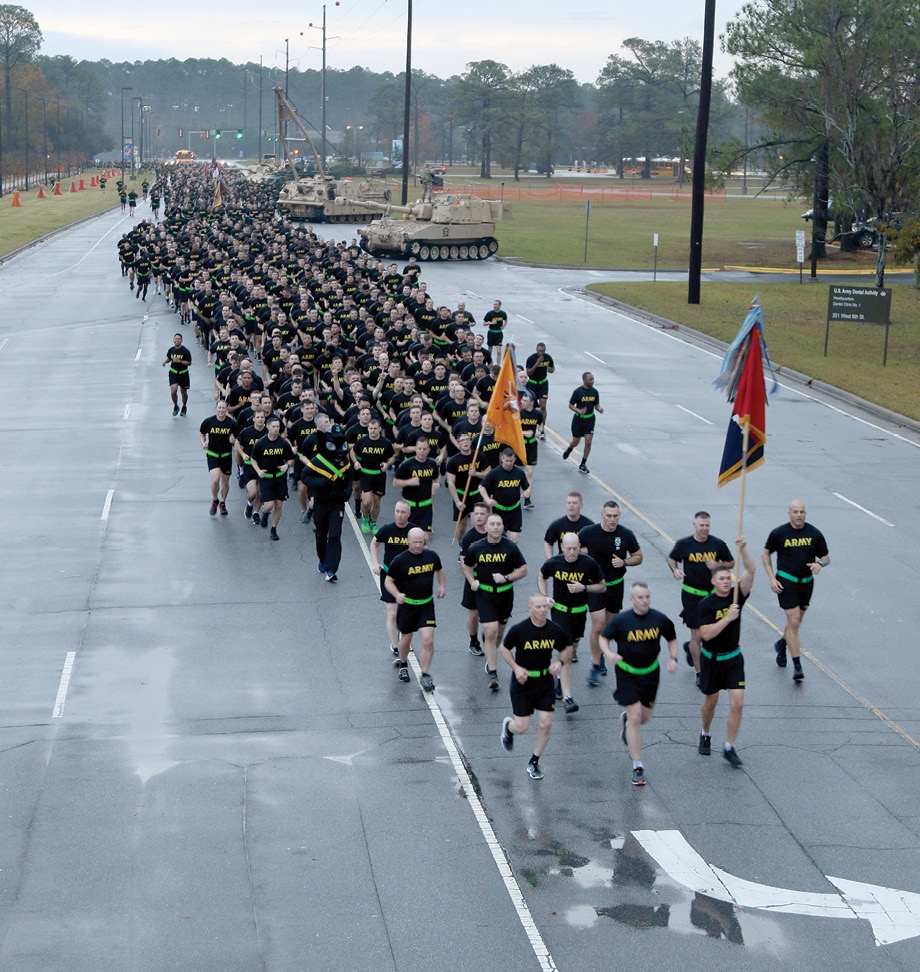Military hires can you make you better — if you’ll get with the program.
South Korea’s Seohan is investing $72 million and creating 180 jobs in Liberty County, Georgia, near Savannah, to supply Hyundai’s $7.2 billion “Metaplant” for electric vehicles with H/shafts, axles and braking systems. In an email message to Workforce 2025, Seohan’s CEO said he is actively recruiting workers from nearby Fort Stewart, the largest U.S. Army base east of the Mississippi River. Fort Stewart, says Jung Kee Koo, “is a valuable source of well-trained workers.”
Abraham Boyles, himself a former military man, likewise understands the value of soldiers who transition out of the Army. Boyles is facilities and maintenance manager for Hugo Boss’s distribution facility in Liberty County, which is supplied via the Port of Savannah.
“Anytime you’re hiring ex-military,” Boyles says, “you do notice an understanding of duty, that ‘get the job done yourself’ attitude. That’s something I think all industries are looking for when they’re looking for employees.”
Some 3,500 soldiers separate annually from Fort Stewart and its associated Hunter Army Airfield, says Amanda Hook, transition services specialist at the base. They bring skills, she says, in mechanics, maintenance, supply chain and logistics, among many other disciplines. And those are just the tangibles.
“They’re bringing layers of leadership and adaptability,” she says, “whether being able to work with small teams or large teams.”
And there’s this: “The Army,” Hook says, “is the most diverse employer in the United States. We have people from all walks of life, all different cultural backgrounds. Any service member in any branch,” she says, “works side by side with everyone.”
Surmounting the Challenge
Gary Patton, vice president for veterans and military affairs at CACI, a technology-focused national security firm, cites another major asset that veterans bring to the civilian sector.
“If you’re a federal government contractor, maybe the single biggest advantage veterans have is their active security clearance, which allows them to access the work environment. About 80% of our jobs require those clearances,” says Patton, “and most veterans have them.”
Despite these many assets veterans bring to the table, the recruitment process can present unique challenges. Patton points out that many transitioning service members have never held a civilian job, composed a resume, negotiated a salary or sat for a job interview.

“I think the single most important thing for us to realize on the employer side about our veterans is that their transition is the most stressful thing that they have experienced short of combat operations, and maybe even more so than that. I hear it all the time.”
To ease the process, Patton recommends a few best practices for employers.
Early engagement: “If you’re transitioning from the military, you don’t want your first interaction with the employer to be at the the job interview.” To that end, it’s important, Patton says, for employers to establish a network of partners among the military’s Transition Assistance Program offices, veterans service organizations, state and federal employment agencies and corporate partners that actively recruit veterans. Another valued resource, he says, is the DoD’s SkillBridge program that allows service members to intern with corporate partners during their final six months of service. The program aims to connect transitioning veterans with real-world job experiences in high-demand professions.
“It helps the transitioning service member really get acquainted with the corporate environment,” Patton says. “It also demonstrates their skill set, which can be very valuable at the end of the internship.”
“Anytime you’re hiring exmilitary you do notice an understanding of duty.”
— Abraham Boyles, Hugo Boss
Dedicate a team to veteran recruitment: “Connect your talent acquisition function with veterans’ outreach.” CACI’s recruitment team, says Patton, leans heavily on recruiters with military backgrounds, which serves to break down barriers with candidates transitioning from the military.
“We have our finger on the pulse of both the veterans and military community and the corporation. That dedicated team serves as a connective tissue between the community and the talent acquisition function in the company.”

Photo courtesy of U.S. Army
Appeal to values: Transitioning service members bring with them a shared commitment to the institution they serve. It’s not just about the money. “The things we like to point out aren’t limited to the compensation aspects of the job, but other employee value propositions,” Patton says. “We need to emphasize the values they will see in their future employer, and part of that is pointing out employee benefits, leadership development programs, Employee Resource Groups, flexible time off and other things that might not be apparent to the transitioning service member.”
Microsoft Makes a Stand
CACI is one of more than 1,000 corporate partners in Microsoft’s Software and Systems Academy (MSSA), an ambitious and highly successful program that offers IT training and support to transitioning service members and military spouses. MSSA, since its launch in 2014, has amassed more than 3,800 graduates with a 96% employment rate, according to Chris Cortez, Microsoft’s vice president of military affairs. Ninety-two percent have found employment in tech-specific positions.
“The MSSA program is one of our most significant recruitment efforts,” says Jeffrey Immel, head of Global Business Development at Silicon Valley-based Juniper networks, a supplier of network security products. “It’s among the most outstanding frameworks that partner veterans can attest to. It is a true testimony to Microsoft taking the lead in the industry to help get certifications to veterans.”
MSSA’s centerpiece is a full-time, 17-week technology boot camp designed to lead qualifying veterans to careers in cloud development, cloud administration and related fields. The curriculum includes real-life application scenarios and opportunities to obtain certifications that are industry recognized. Support from MSSA continues even after graduates are hired.
“MSSA mentors actually stay in contact with their students throughout their career,” says Gina Kirby, who has served as a global co-chair of Microsoft’s military Employee Resource Group, which includes former service members, spouses, reservists and others still on active duty. “It creates a fantastic dynamic where the door is always open.”

